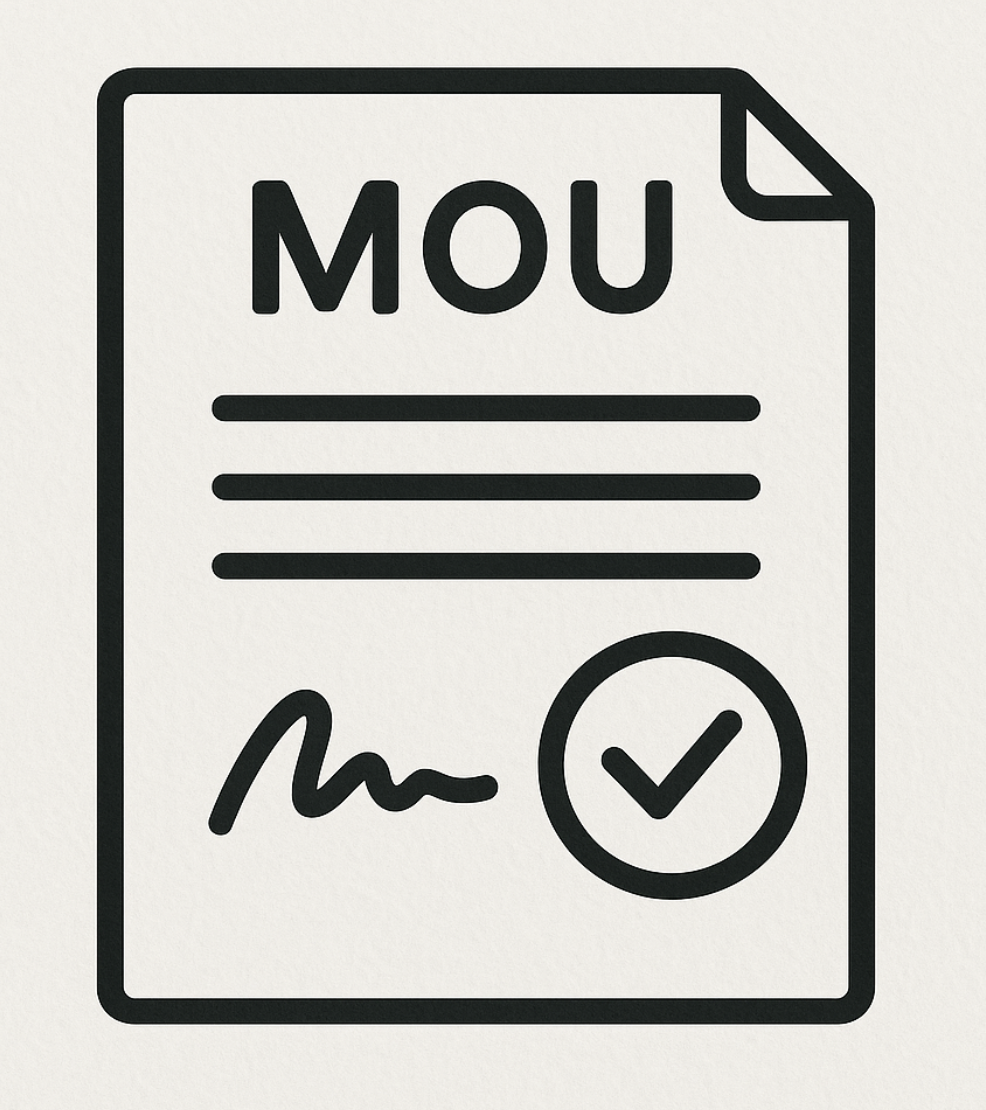UPAYA KEPALA SEKOLAH DALAM MENINGKATKAN AKREDITASI PREDIKAT “A” DI MADRASAH TSANAWIYAH MUHAMMADIYAH 3 AL-FURQAN BANJARMASIN
DOI:
https://doi.org/10.18592/jtipai.v10i2.4570Abstract
ABSTRACTThis study aims to determine the principal's efforts in increasing accreditation to become A predicate with a score of 96 at Madrasah Tsanawiyah Muhammadiyah 3 Al-Furqan Banjarmasin. This research method uses a qualitative descriptive approach by conducting field research (field research). The results of the research on the efforts of school principals in an effort to improve accreditation are preparing ahead of time, creating an accreditation team, comparative studies, making the best lesson plans (teaching implementation plans), providing professional support to educators and education staff, arranging madrasa administration, completing facilities and infrastructure in stages. , empower student organizations, establish good cooperation with madrasa committees and the community, develop madrasa income sources, and hold accreditation briefing dialogues.KEYWORDS: Principal; Accreditation; Predicate.ABSTRAKPenelitian ini bertujuan untuk mengetahui upaya kepala sekolah dalam meningkatkan akreditasi menjadi predikat A dengan nilai 96 di Madrasah Tsanawiyah Muhammadiyah 3 Al-Furqan Banjarmasin. Metode penelitian ini menggunakan pendekatan deskriptif kualitatif dengan melakukan penelitian lapangan (field research). Hasil penelitian upaya kepala sekolah dalam upaya meningkatkan akreditasi adalah mempersiapkan jauh hari, membuat tim akreditasi, studi banding, membuat RPP (rencana pelaksanaan pengajaran) yang terbaik, memberikan dukungan profesionalitas kepada tenaga pendidik dan kependidikan, menata administrasi madrasah, melengkapi sarana dan prasarana secara bertahap, memberdayakan organisasi siswa, menjalin kerjasama yang baik dengan komite madrasah dan masyarakat, mengembangkan sumber pendapatan madrasah, dan mengadakan dialog pengarahan akreditasi.KATA KUNCI: Kepala Sekolah; Akreditasi; Predikat.References
Asmani, Ma’mur Jamal. (2012). Tips Kepala Sekolah Profesional. Jogjakarta: DIVA Press.
Awaludin, Aulia Ar Rakhman. (2017). Akreditasi Sekolah sebagai Suatu Upaya Penjaminan Mutu Pendidikan di Indonesia. Jurnal Susunan Artikel Pendidikan: Vol 2 No 1 2017.
Burhanuddin. Makin, Moh. (2010). Manajemen Pendidikan Islam. Malang: UIN-Maliki Press.
Habibi. (2013). Makalah Dampak Akreditasi Sekolah. http://wordpress.com.
Kementerian Pendidikan Nasional RI. (2011). Analisis Sistem Akreeditasi Sekolah/Madrasah dalam Rangka Reformasi Birokrasi Internal. Jakarta: Diva Pustaka.
Moleong, Lexy J. (2013). Metode Penelitian Kualitatif. Edisi Revisi. Bandung: PT. Remaja Rosdakarya.
Sanjaya, Wina. (2008). Perencanaan Dan Desain Sistem Pembelajaran. Jakarta: Kencana Prenada Media Group.
Sholihin, Emilia Nur Chasanah. Bafadal, Ibrahim. Sunandar, Asep. (2018). Pengelolaan Persiapan Akreditasi Sekolah JAMP: Jurnal Adminitrasi dan Manajemen Pendidikan: Volume 1 Nomor 2 Juni 2018.
Suryana, Asep. 2005. Akreditasi, Sertifikasi Dan Upaya Penjaminan Mutu Pendidikan. Jurnal Administrasi Pendidikan: Vol 3, No 2 2005.
Tim Dosen Administrasi Pendidikan Universitas Pendidikan Indonesia, Manajemen Pendidikan. Bandung: Alfabeta, 2011.
Undang-Undang RI Nomor 20 Tahun 2003 tentang Sistem Pendidikan Nasional. Kementerian Pendidikan Nasional.
Downloads
Published
How to Cite
Issue
Section
License
Authors who publish with this journal agree to the following terms:
- Authors retain copyright and grant the journal right of first publication with the work simultaneously licensed under a Creative Commons Attribution License that allows others to share the work with an acknowledgement of the work's authorship and initial publication in this journal.
- Authors are able to enter into separate, additional contractual arrangements for the non-exclusive distribution of the journal's published version of the work (e.g., post it to an institutional repository or publish it in a book), with an acknowledgement of its initial publication in this journal.
- Authors are permitted and encouraged to post their work online (e.g., in institutional repositories or on their website) prior to and during the submission process, as it can lead to productive exchanges, as well as earlier and greater citation of published work.










